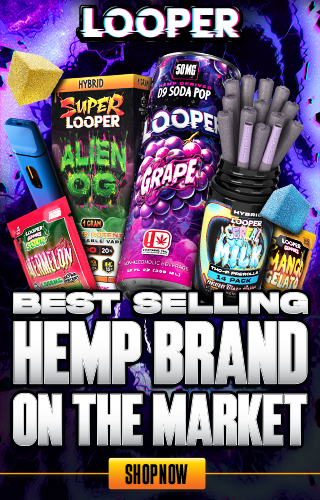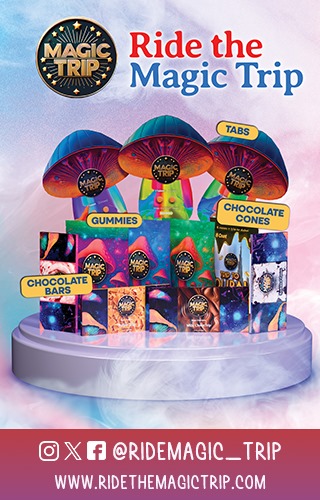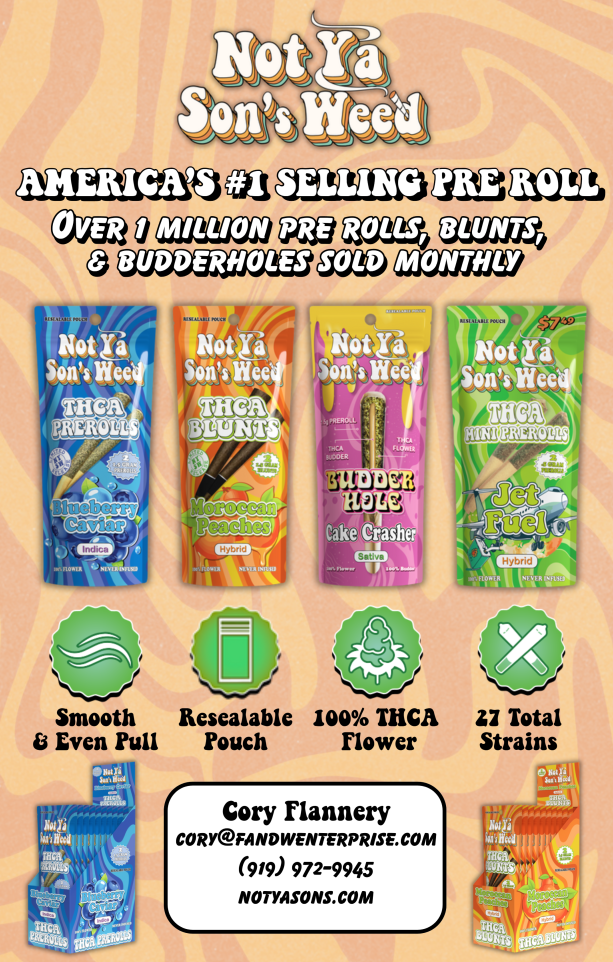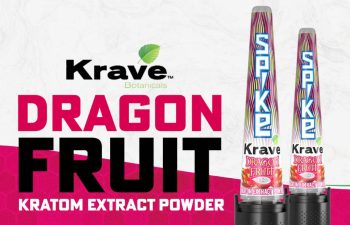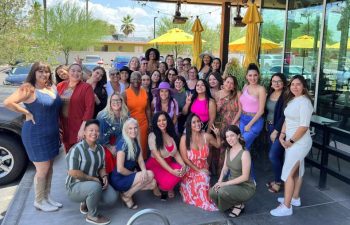Most companies have a vice president of sales. Summitt Labs has Brett Pommerenck, who goes by a different title.
“Whenever somebody sees ‘Sales Guru’ on my card, they ask how you become one,” he says. “I tell them that you spend your life in sales, and you go to Nepal to climb the Himalayas to meet the real gurus. You get the wisdom from them, then you bring it back down and apply it to your life.”
It’s not just a funny story. After college, Pommerenck hiked Asia’s grueling Annapurna Circuit—all 180 miles and 18,000 feet. The trip stayed with him. But just as important to his education was the journey that came after, when he carved a career path across the Southeast selling everything from cars to pharmaceuticals to industrial chemicals.
Today, he’s traded in his mountain climbing gear for a rental car. In between client meetings and ride-alongs with retail partners, he visits nearly 25 trade shows a year.
“I actually consider my job as more of a consultant,” he says. “I try to help our partners grow, because I feel that as a company, we can only grow if our partners grow. If we’re just selling a product to them and expecting them to pay for it, we’re not helping them grow. It’s not just sales. It’s compliance. It’s education. It’s training. There’s much more to it than just selling somebody a product and walking away.”
“I look at how would I want to be treated? And I treat people that way,” he adds. “I want somebody to shoot me straight, be honest with me, and help me grow. I don’t like people who lie to me. So what I found is, the people you deal with in this industry—you have to align with the right people. I don’t do business with everybody. But the people I do business with, they’re like family.”
Scaling the Summitt
Summitt Labs launched its first product line, Organic Kore, on September 15, 2018. Since then, it’s developed into a full-scale alternative wellness operation with a suite of charismatic products ranging from the kratom-boosted Good Mood elixir to the intense offerings of Pür THC-P.
The company’s latest standout is the smart disposable Lost Geek Clearview, which features a 3-D curved screen interface and delivers 50,000 puffs per unit.
For those inside the industry, however, Summitt’s most recognizable product isn’t something found in stores. If Pommerenck looks familiar, it’s likely because of the burlap sacks he hands out at trade shows.
“It’s actually canvas, but it’s brown and it looks like burlap,” he says. “If we were just selling those, we’d be millionaires ten times over.”
His booth’s other distinctive feature is its seating area. The ability to take a load off is one of the two promises Pommerenck makes to his clients.
“We guarantee you can always come by and have a seat on our couch when you’re tired at a trade show,” he says.
The View from the Top
Summitt’s success stems, in part, from its fully integrated operation. Everything that carries the Summitt logo has been designed, manufactured, and marketed by the company’s in-house team.
The integration ensures high-quality products, but it also brings high-octane headaches. Pommerenck’s second guarantee is that every Summitt product adheres to the law—all the laws. In this industry, that means constantly adjusting to the whims of lawmakers.
“The challenging part for us as a manufacturer and as a company that distributes products is that when we do things right, 90% of the industry is still doing it wrong,” Pommerenck says. “So we have to figure out how to do things right and also have the product at a price point that allows our customers to make a good profit.
“I’ve never been in an industry where the life of a product is essentially six months, and then the next greatest thing comes out right after it—making the old thing obsolete in people’s eyes, even when there’s nothing wrong with it,” he adds.
Call it the paradox of the counterculture industry: businesses must keep moving forward just to stay in the same place.
“The companies that set themselves apart are the ones that have the infrastructure, which means having the legal, having the compliance, and having their supply lines all vertically aligned. All those things come into factor as the industry changes, because you never know what tomorrow’s gonna hold,” he says. “But you have to have a positive mental attitude and a no-nonsense attitude. If not, you’re gonna get swallowed up and then you’re not gonna be here tomorrow.”
A similar paradox accompanies the role of sales guru.
“Some people just think that I travel all the time and spend a lot of time in big cities and eating a lot of fancy dinners, but there’s a lot of hard work that goes in there too,” Pommerenck says. “With every week of trade show activity, there’s at least two to three weeks of prep that goes into it.”
“I had a sales meeting on Monday, and I shared a little infographic. It shows what people think we do, which is to smile, shake hands, get people to buy, convince people to say yes. But in reality, I’m teaching people how to make decisions, connecting dots faster than anyone, navigating politics and the legal landscape without a map, asking questions no one else will, making change feel safe, and simplifying what other people overcomplicate.”
That’s the kind of wisdom you find at the top of a mountain.



